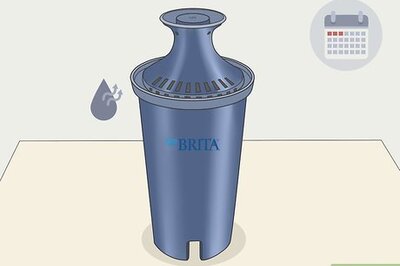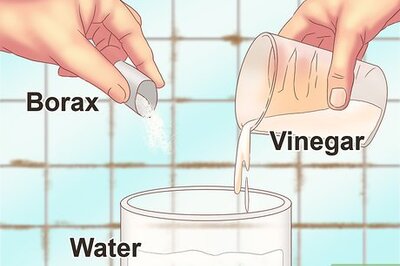
views
In a major revelation, scientists have discovered that gut bacteria may slow or reverse the development of a protein responsible for Parkinson's disease.
According to a Daily Mail report that cited a University of Edinburgh research, study authors identified that bacillus subtilis, a probiotic, stalled the build-up of toxic clumps which deprive the human brain of dopamine. Dopamine allows messages to be transmitted to and from the regions of the brain coordinating the movement of the human body.
The research was conducted on roundworms which were injected with the human gene for Parkinson’s and the results were published in the journal Cell Reports.
Scientists found that these microorganisms that are present in the gut play a crucial role in the commencement of Parkinson's.
According to study authors, bacillus subtilis is capable of preventing the formation of alpha-synuclein proteins by rebalancing the gut microbiome.
Parkinson's occurs in the brain of people when alpha-synuclein protein misfolds and builds up and causes the formation of toxic clumps. The plaques cause the death of nerve cells responsible for generating dopamine.
The loss of nerve cells results in the formation of the motor symptoms associated with the disease and shows symptoms like freezing, slowness of movement and tremors.
Lead researcher Dr. Maria Doitsidou of the University of Edinburgh told Daily Mail that the findings have provided an opportunity to probe how changing the bacteria which makes up our gut microbiome affects Parkinson's.
She added that till now there has been no treatment available to the disease. But the recent findings might help reverse and slow the disease.
Following the positive results, it will be tested on mice to confirm the findings and then after a fast-tracked clinical trial will commence.
Follow @News18Lifestyle for more



















Comments
0 comment